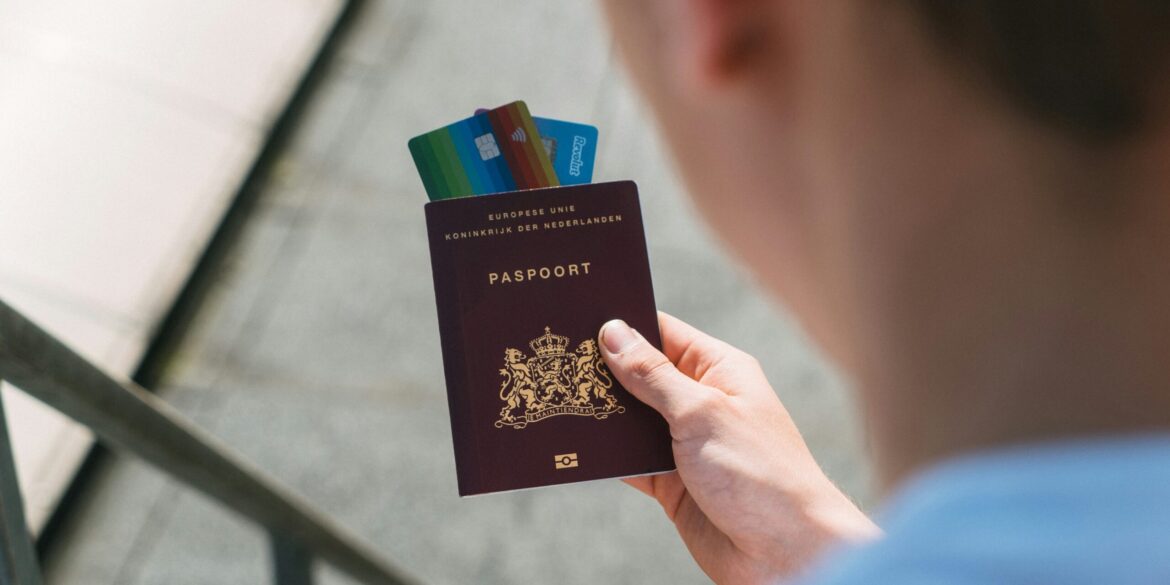The U.S. Supreme Court issued a ruling that could have long-lasting consequences for birthright citizenship in the United States. In a split decision, the Court allowed President Donald Trump’s executive order—which seeks to limit birthright citizenship for children born to undocumented immigrants—to proceed, but it did not address the constitutionality of the measure, leaving the matter open for further legal challenges.
The Legal Context: Birthright Citizenship and the 14th Amendment
The case in question revolves around a longstanding principle in U.S. law: the 14th Amendment, which guarantees that anyone born in the U.S. is automatically a U.S. citizen. The executive order, which the Trump administration introduced in 2023, sought to limit this right for children born to parents who are in the country unlawfully or on temporary visas.
This order has been controversial and was challenged by several states and advocacy organizations on the grounds that it violates the 14th Amendment. The Supreme Court’s decision to let the policy go forward, despite the legal challenges, has created a legal grey area. While the policy will proceed in certain states, it may face further legal battles in other jurisdictions, potentially reaching the Court again in the future.
What Does the Ruling Mean?
Although the Court did not rule on the constitutionality of the executive order, the decision allows lower courts to continue their examination of whether the policy violates the 14th Amendment. For now, this ruling leaves the birthright citizenship issue unresolved at the national level, with the federal government allowed to implement the policy in the areas not affected by local injunctions.
Several states, including California and New York, have filed legal challenges, arguing that denying birthright citizenship to children of undocumented immigrants would undermine the rights enshrined in the Constitution and create a patchwork of laws that vary by state.
Impact on Immigrant Communities and Legal Protections
The implications of this ruling are far-reaching, especially for immigrant families. If the executive order is ultimately upheld, children born to parents who are undocumented could find themselves excluded from citizenship and potentially face significant obstacles accessing vital government services. Legal experts have raised concerns that this could lead to issues with birth certificates, passports, and state-issued IDs, potentially rendering millions stateless.
Looking Ahead: Continued Legal Battles
Though the Supreme Court has allowed the executive order to proceed, the legal battles over its constitutionality will continue for years to come. With several lawsuits in the pipeline, including class action cases filed by the American Civil Liberties Union (ACLU), the birthright citizenship issue is likely to remain a point of contention in the coming months and years.

